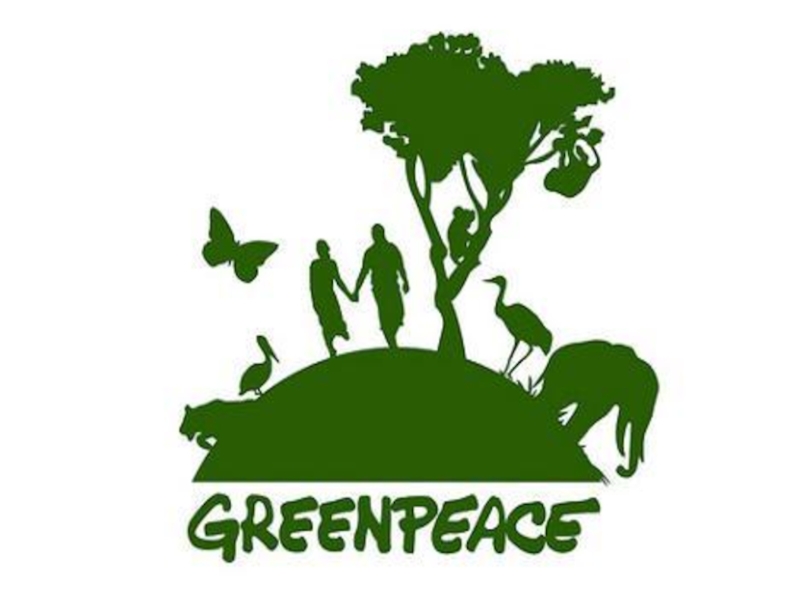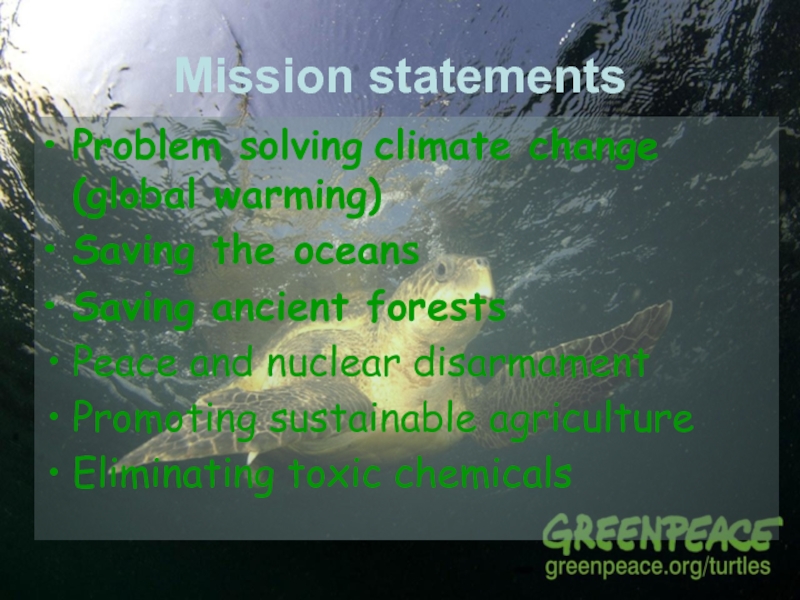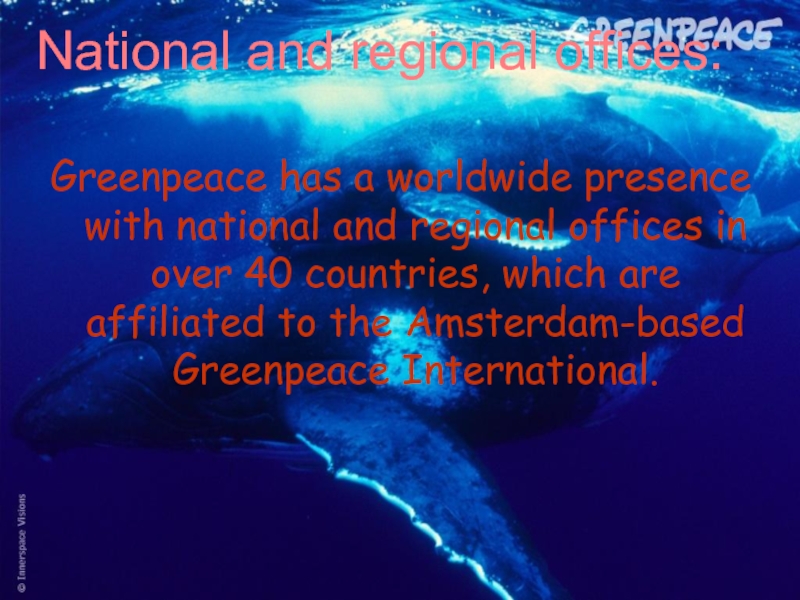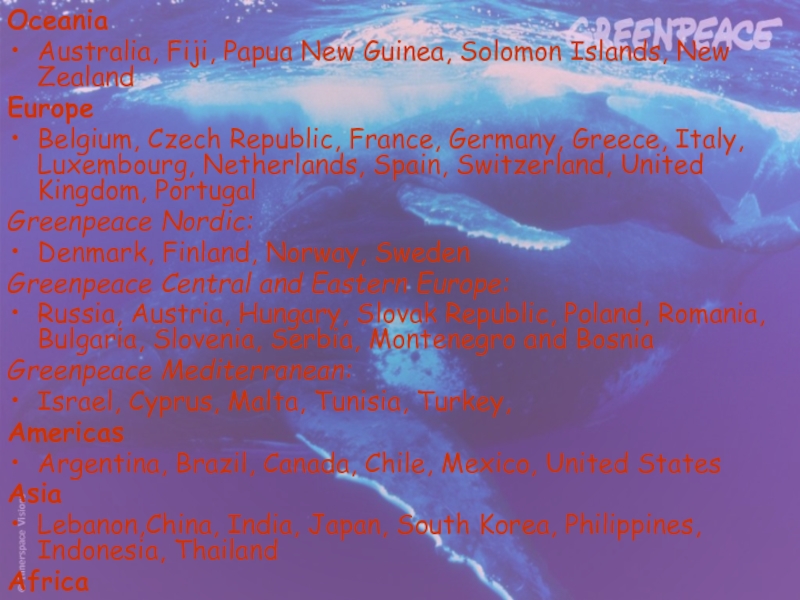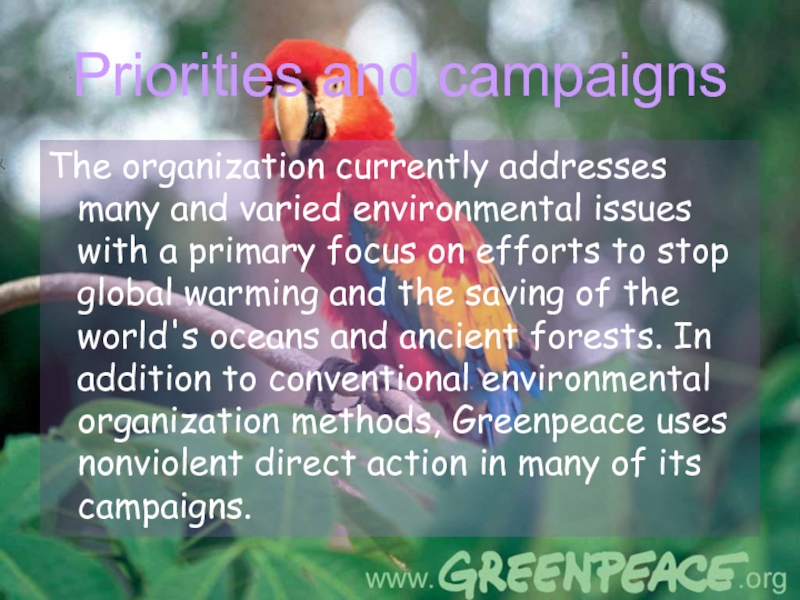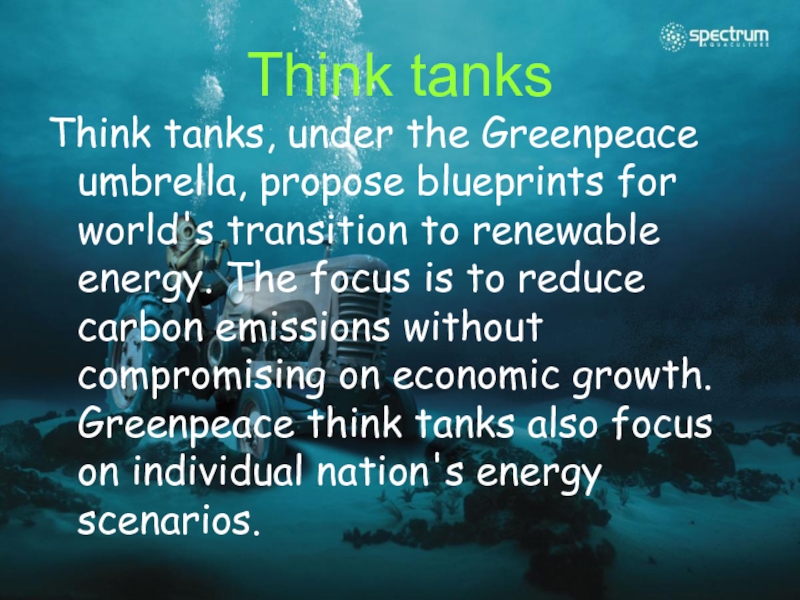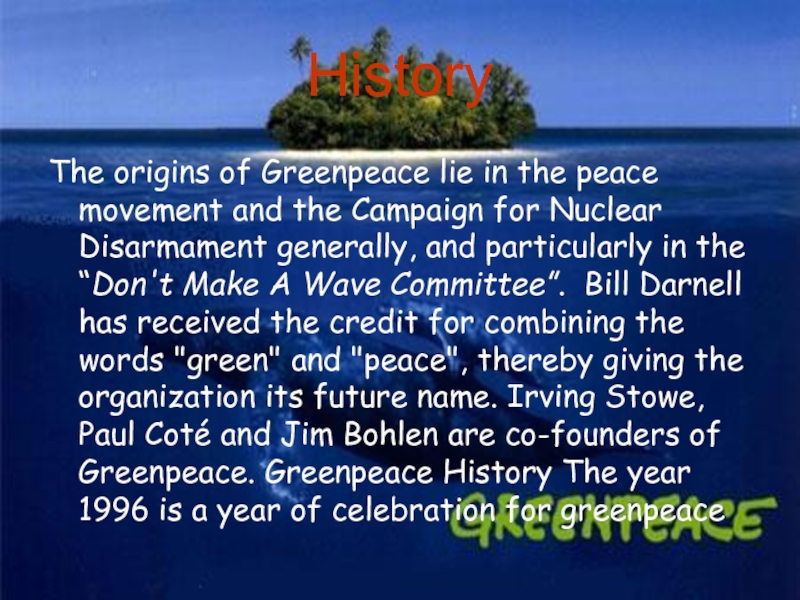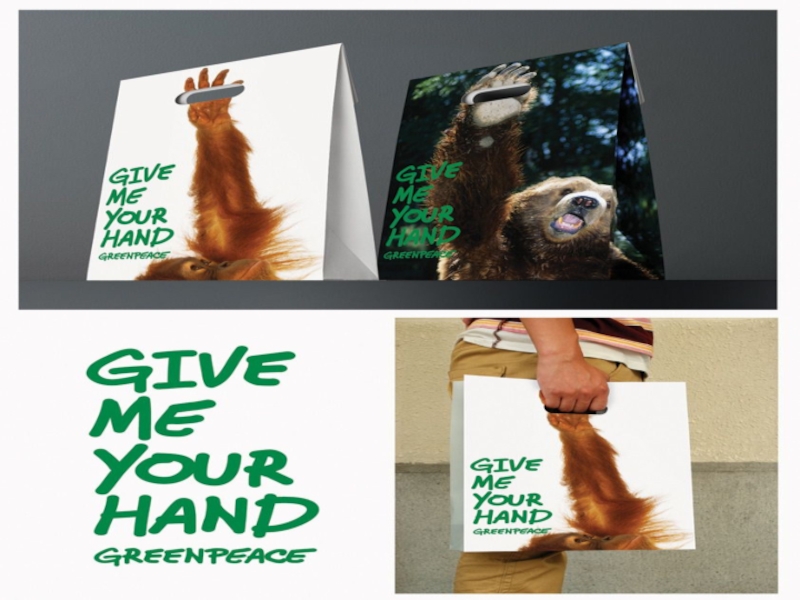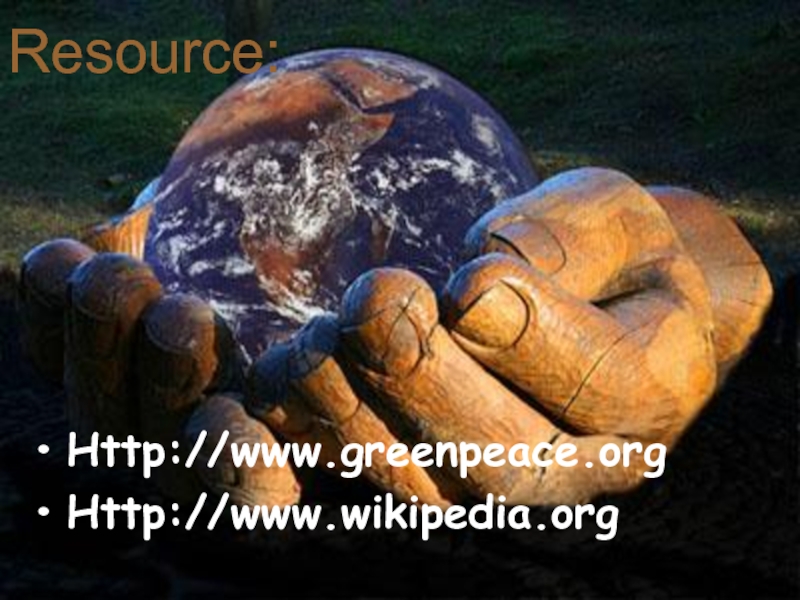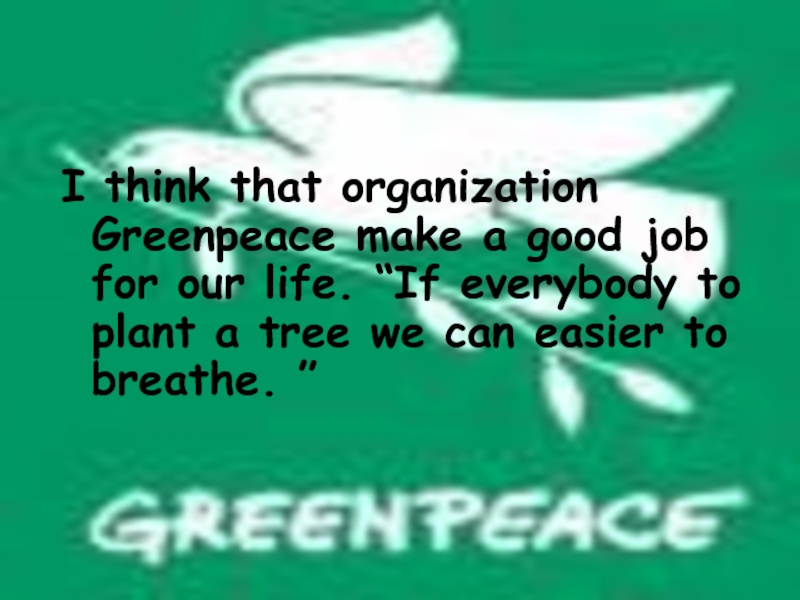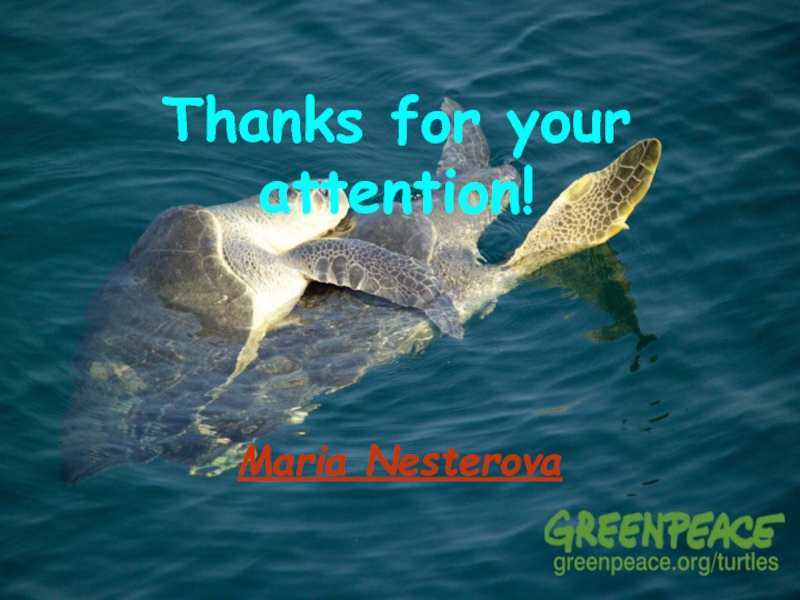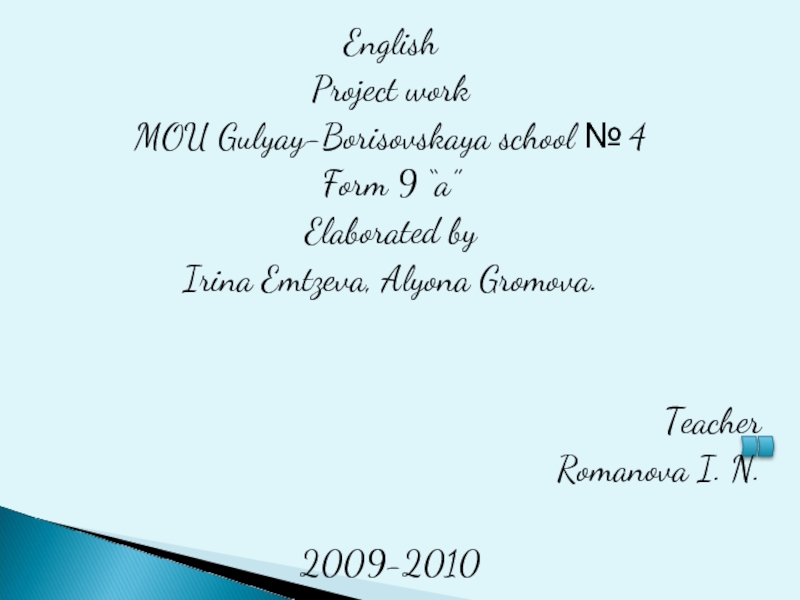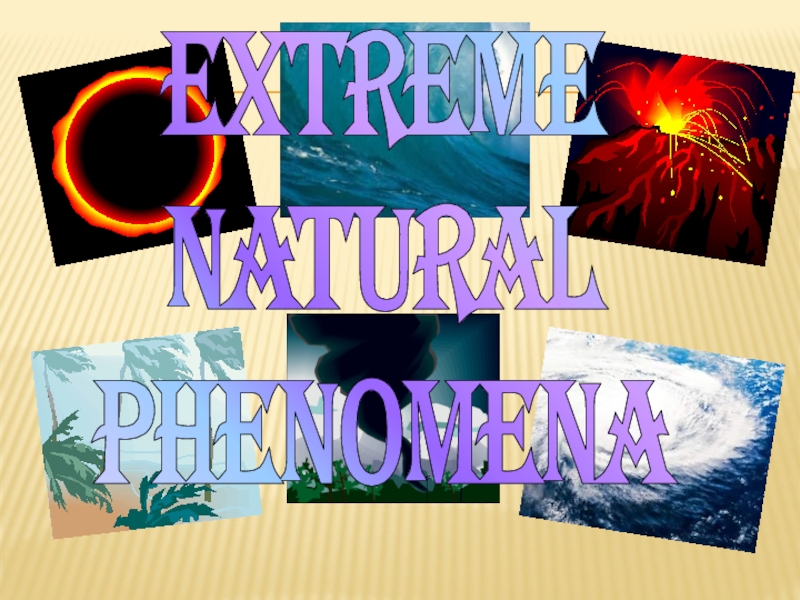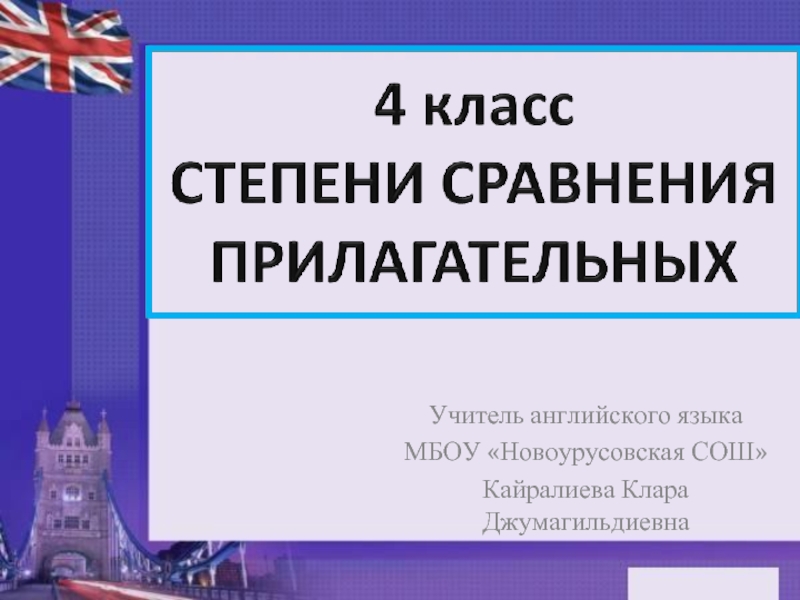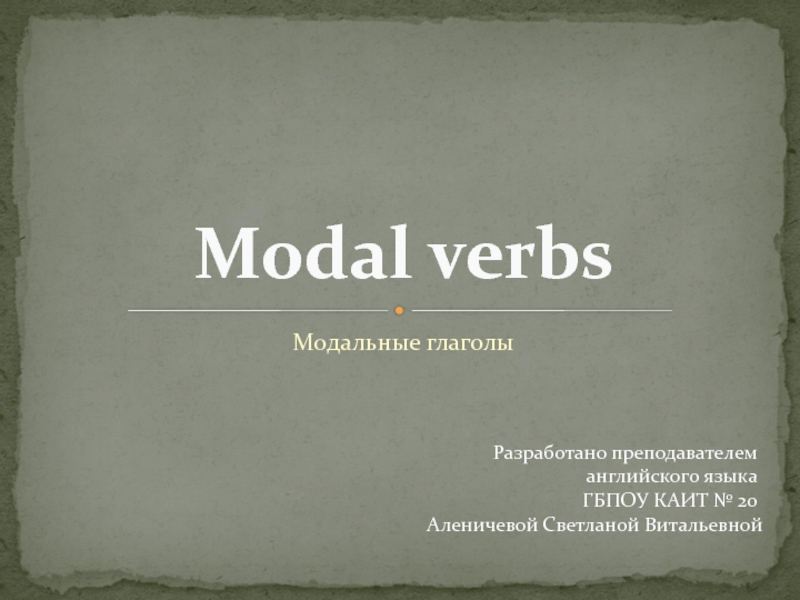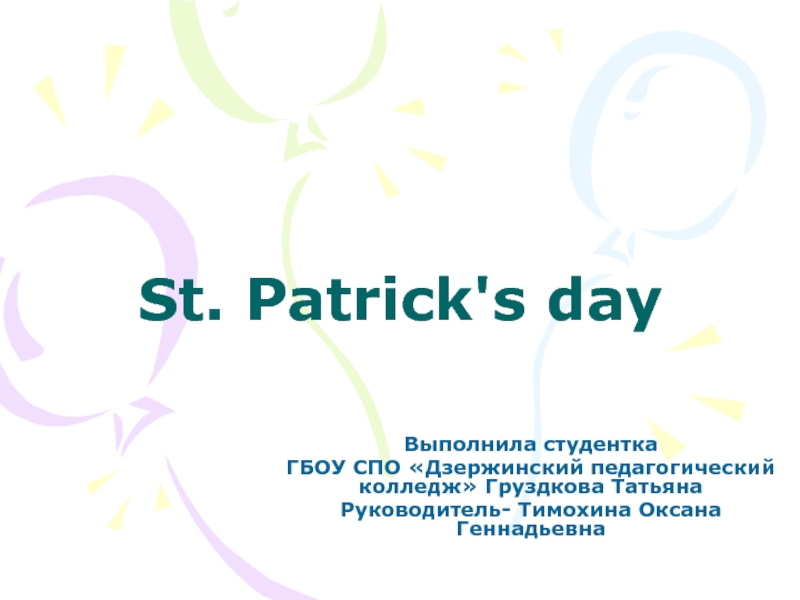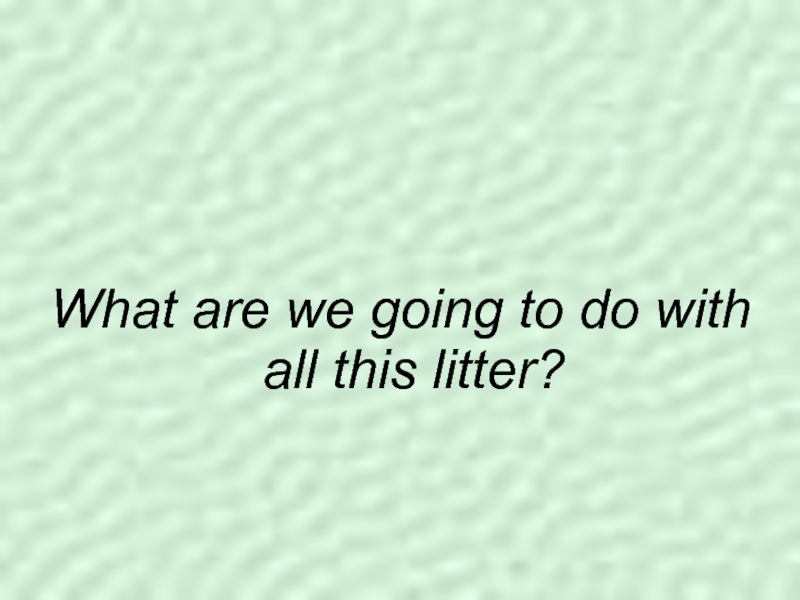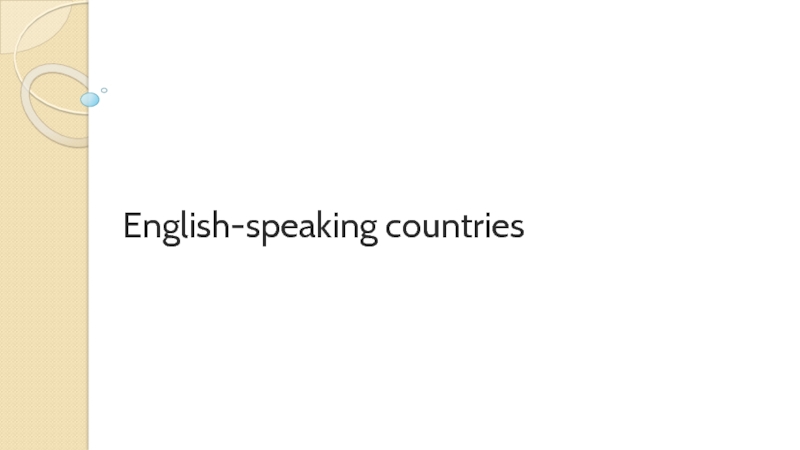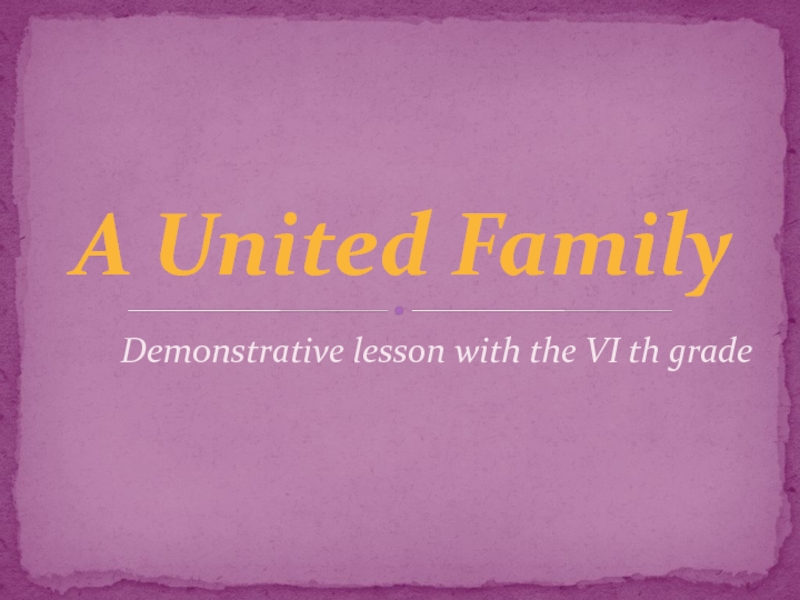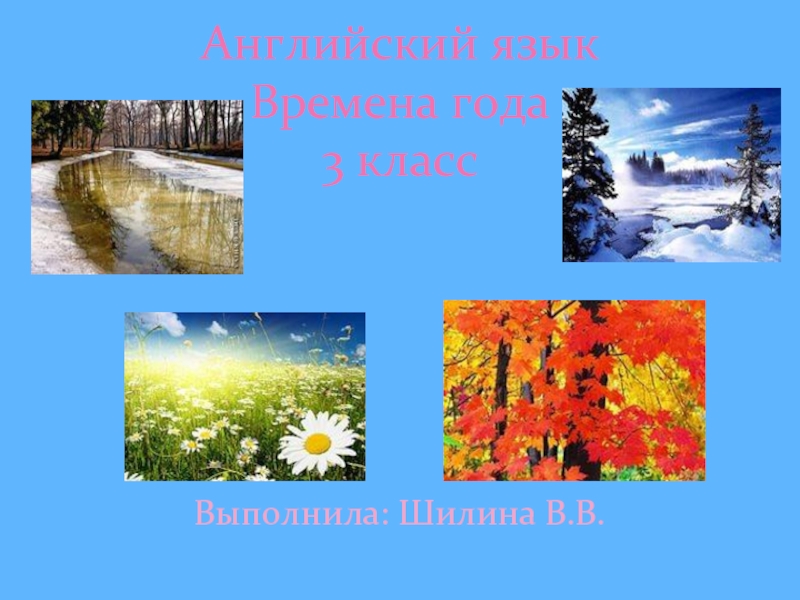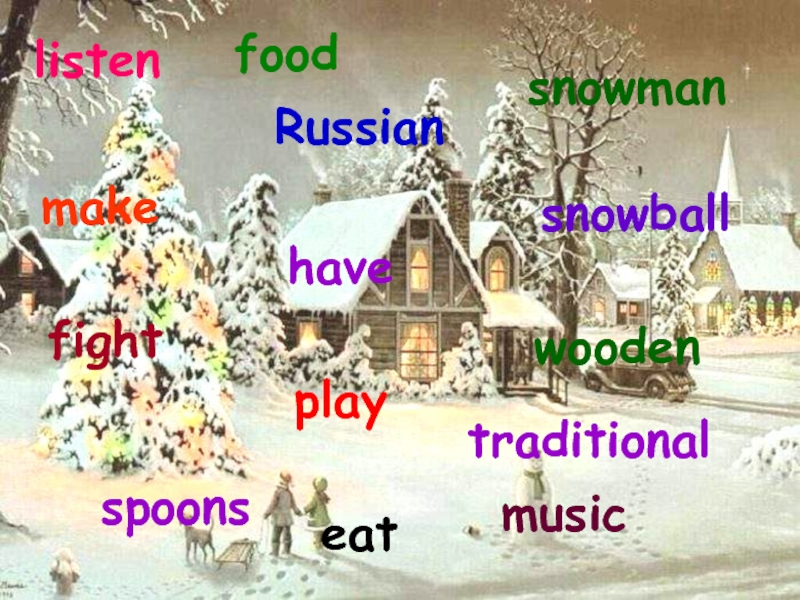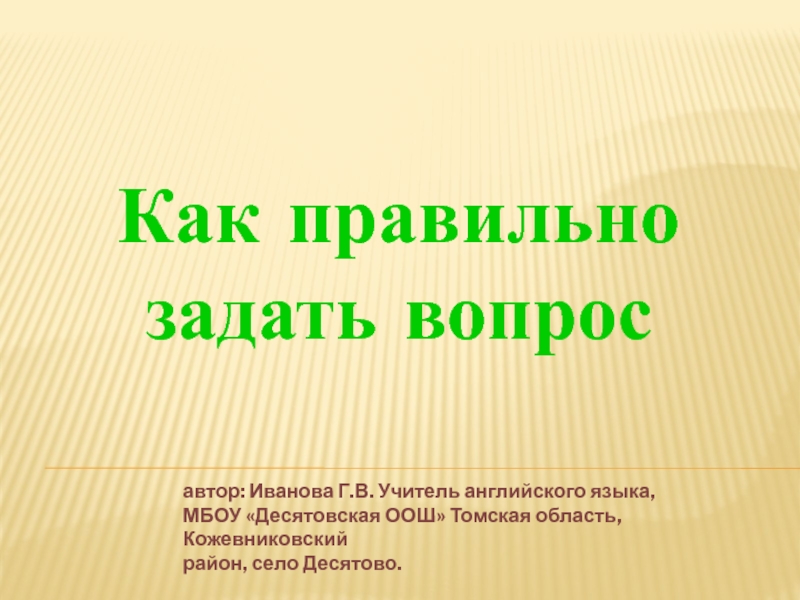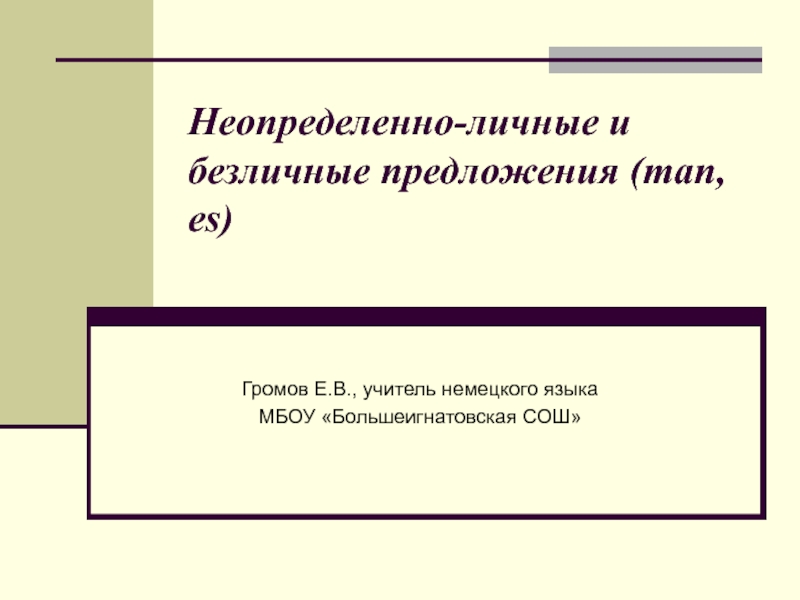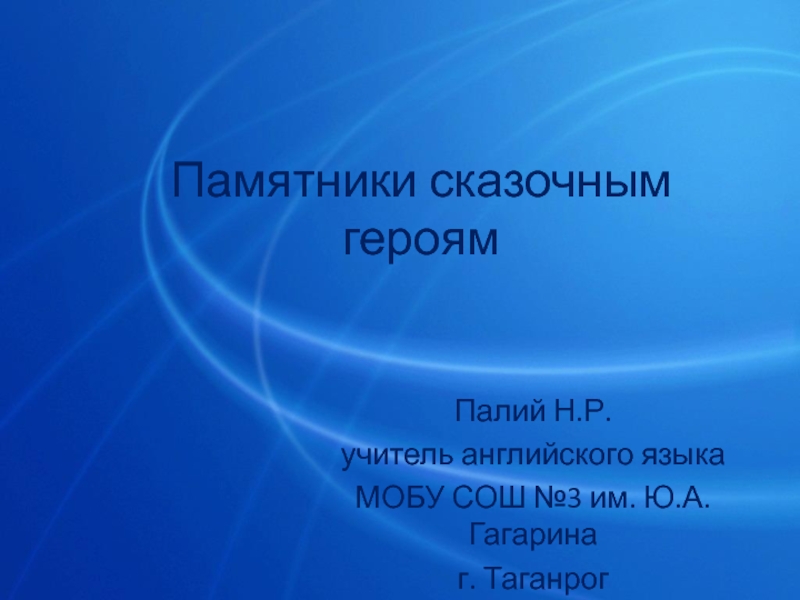Разделы презентаций
- Разное
- Английский язык
- Астрономия
- Алгебра
- Биология
- География
- Геометрия
- Детские презентации
- Информатика
- История
- Литература
- Математика
- Медицина
- Менеджмент
- Музыка
- МХК
- Немецкий язык
- ОБЖ
- Обществознание
- Окружающий мир
- Педагогика
- Русский язык
- Технология
- Физика
- Философия
- Химия
- Шаблоны, картинки для презентаций
- Экология
- Экономика
- Юриспруденция
GreenPeace
Содержание
- 1. GreenPeace
- 2. Structure of presentation:Introduction Mission statementNational and regional officesPriorities and campaignsThink tanksHistoryResource
- 3. Greenpeace is an international non-governmental organization for
- 4. Mission statementsProblem solving climate change (global warming)
- 5. National and regional offices:Greenpeace has a worldwide
- 6. OceaniaAustralia, Fiji, Papua New Guinea, Solomon Islands,
- 7. Priorities and campaignsThe organization currently addresses many
- 8. Think tanksThink tanks, under the Greenpeace umbrella,
- 9. HistoryThe origins of Greenpeace lie in the
- 10. Слайд 10
- 11. Resource:Http://www.greenpeace.org Http://www.wikipedia.org
- 12. I think that organization Greenpeace make a
- 13. Thanks for your attention!Maria Nesterova
- 14. Скачать презентанцию
Structure of presentation:Introduction Mission statementNational and regional officesPriorities and campaignsThink tanksHistoryResource
Слайды и текст этой презентации
Слайд 2Structure of presentation:
Introduction
Mission statement
National and regional offices
Priorities and campaigns
Think
tanks
Слайд 3Greenpeace is an international non-governmental organization for the protection and
security of the environment. Greenpeace is a global environmental organization
that consists of Greenpeace International (Stichting Greenpeace Council) in Amsterdam.Introduction part
Слайд 4Mission statements
Problem solving climate change (global warming)
Saving the oceans
Saving ancient forests
Peace and nuclear disarmament
Promoting sustainable agriculture
Eliminating toxic
chemicalsСлайд 5National and regional offices:
Greenpeace has a worldwide presence with national
and regional offices in over 40 countries, which are affiliated
to the Amsterdam-based Greenpeace International.Слайд 6Oceania
Australia, Fiji, Papua New Guinea, Solomon Islands, New Zealand
Europe
Belgium,
Czech Republic, France, Germany, Greece, Italy, Luxembourg, Netherlands, Spain, Switzerland,
United Kingdom, PortugalGreenpeace Nordic:
Denmark, Finland, Norway, Sweden
Greenpeace Central and Eastern Europe:
Russia, Austria, Hungary, Slovak Republic, Poland, Romania, Bulgaria, Slovenia, Serbia, Montenegro and Bosnia
Greenpeace Mediterranean:
Israel, Cyprus, Malta, Tunisia, Turkey,
Americas
Argentina, Brazil, Canada, Chile, Mexico, United States
Asia
Lebanon,China, India, Japan, South Korea, Philippines, Indonesia, Thailand
Africa
